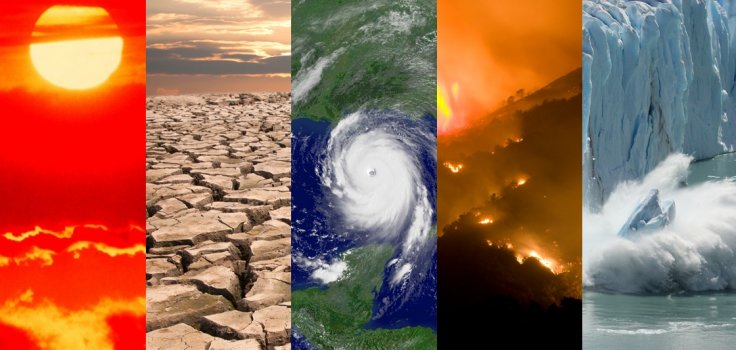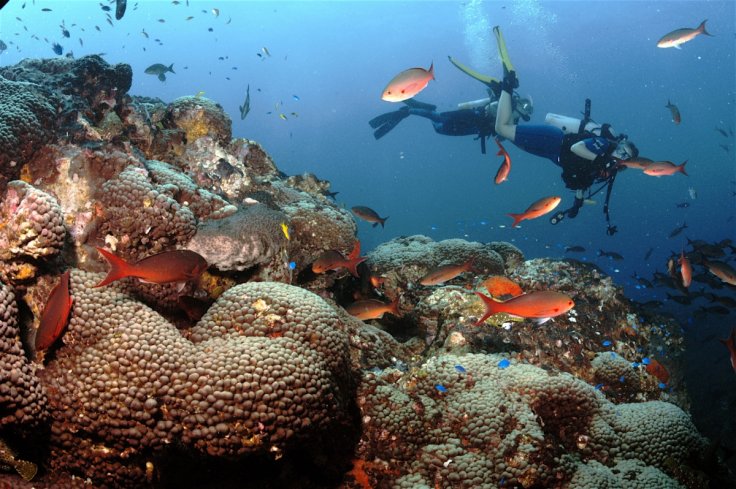Some people consider climate change an invisible threat, while some individuals completely deny it, despite many experts point out the effects of the dramatically changing environment around the world. Over the years environmental activists and researchers have been raised concerns regarding future catastrophic events and urged governments to take swift action against climate change.
Understanding the importance of climate change New Zealand Prime Minister Jacinda Ardern declared a "climate emergency" on Wednesday, December 2. She told the parliament that urgent action was needed for the sake of the future generation of the world.
The New Zealand PM said that the science on changing climate was clear and the country had to acknowledge the threat which is visible all around the globe. Ardern also added that the challenges posed by global warming meant the parliament's declaration was wanted.
"In those cases where we do issue declarations, it is often where there is a threat to life, a threat to the property, and civil defense emergencies," she said and noted that if the country does not respond to the threat on the environment "we will continue to have these emergencies on our shores".

Emergency Declaration
New Zealand lawmakers passed the symbolic emergency declaration by 76 votes to 43 after PM Ardern urged them to back the move. She told the House, "Vote in favor of this declaration, be on the right side of history, be part of the solution we must collectively deliver for the next generation."
New Zealand's opposition party, National Party, rejected the climate emergency declaration, labeling it "virtual signaling". The leader of the party Judith Collins said, "It can do harm in making people think that by declaring an emergency something has happened when it hasn't. It's quite false and misleading."
Last year, UK's parliament became the first in the world to declare a climate emergency, followed by Ireland. New Zealand government in 2019 committed to becoming carbon neutral by 2050 and the country has also decided to generate all its energy from renewable sources by 2035. Ardern has halted all new offshore oil and gas exploration in New Zealand waters.
14 Countries Set New Goals

A group of countries around the world, including Norway, Portugal, Canada, Japan, Australia, Kenya, Ghana, Indonesia, and island nations such as Fiji and Palau, has pledged to implement strict goals by 2025 to achieve healthier oceans.
The oceans cover 70 percent of the world and help create $1.5 trillion in economic activity each year. There is a delicate balance between using the oceans and guarding them against being exploit. To achieve the balance a panel of world leaders in a new report comprised the details of new goals—including curbing ocean warming, marine pollution, overfishing, and losses of habitat and biodiversity—and strategies to achieve all of them by 2025.
Erna Solberg, Norway's prime minister, and one of the founding panel members said in a statement, "Humanity's well-being is deeply intertwined with the health of the ocean. For too long, we have perceived a false choice between ocean protection and production. No longer."









